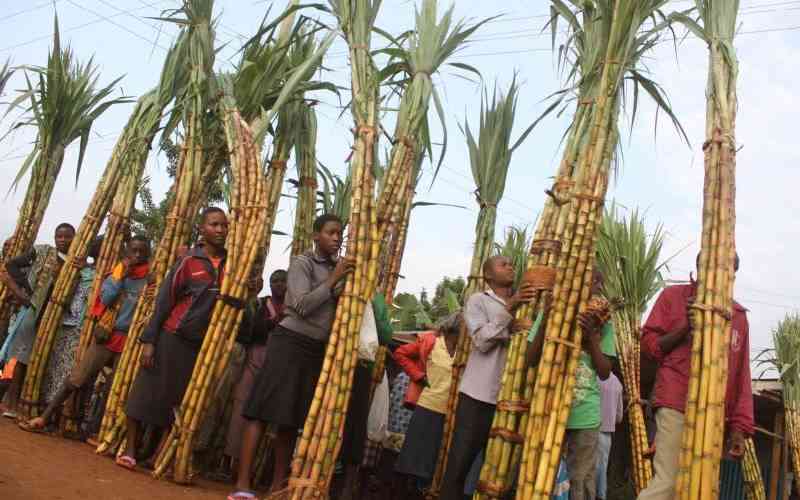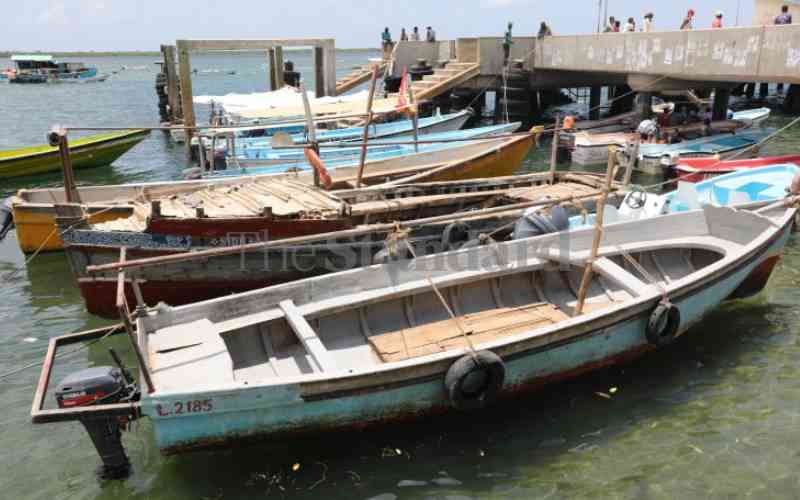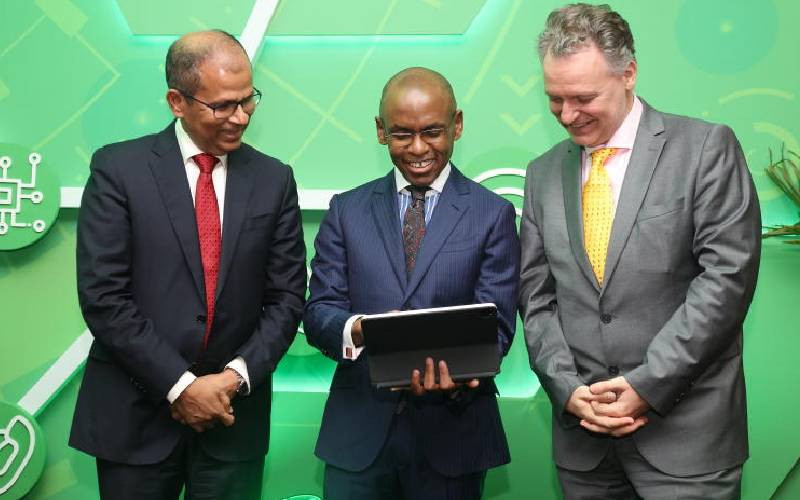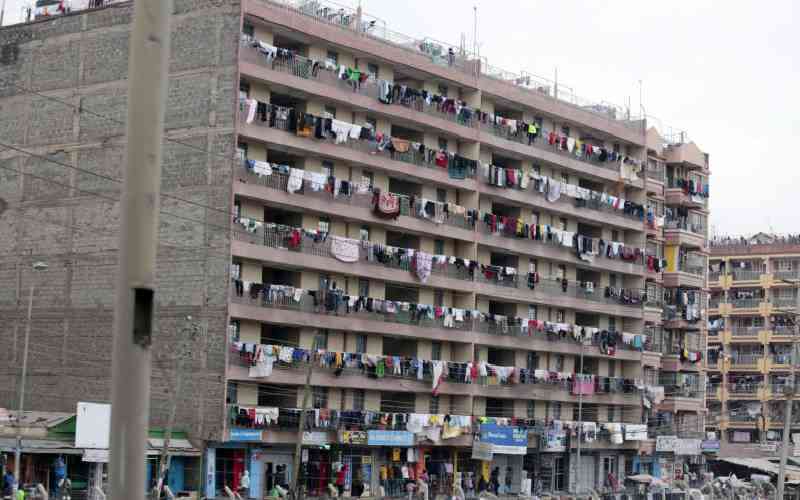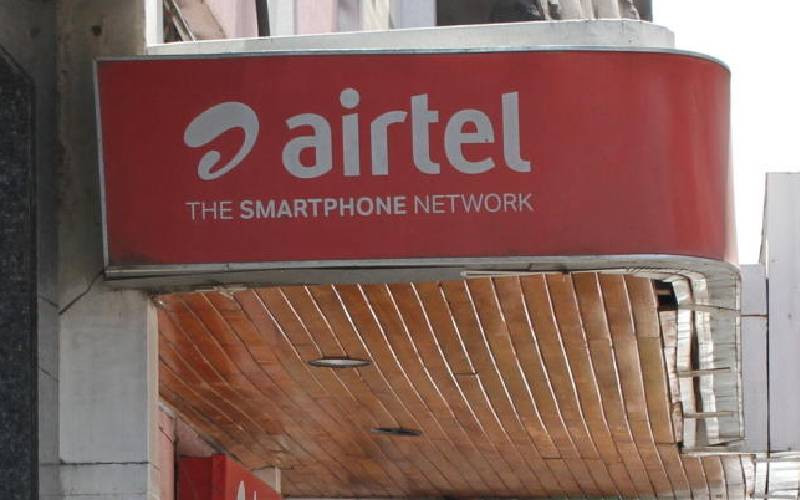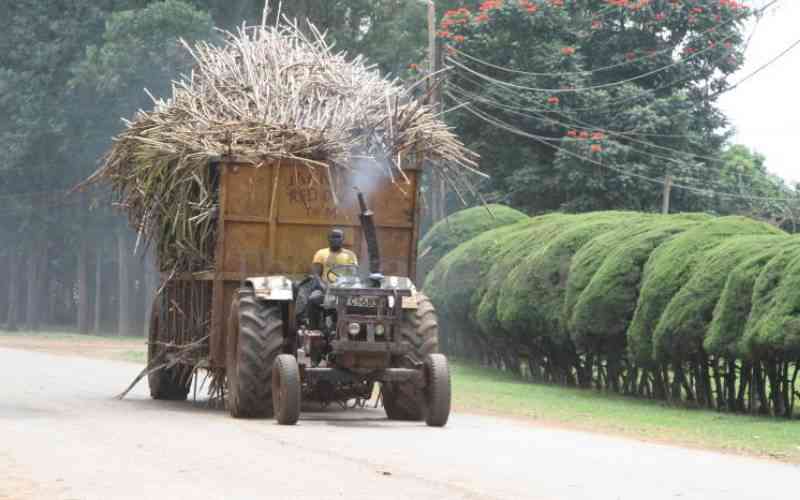By John Oyuke
Kenya will become an important gold producer in Africa if a mining firm, hopeful of pulling a significant gold discovery is anything to go by.
The London-listed gold producer Goldplat says it has concluded a deal in which it acquired 100 per cent of Kilimapesa Gold, a gold mining firm operating in Trans Mara District as a show of this confidence.
The firm will operate Kilimapesa Hill gold mine and adjacent exploration assets located within the historically gold producing Migori Archaean Greenstone Belt.  |
A man looking for gold particles. Western Kenya produces about 2,000 kg of gold per annum, mainly handled by small-scale traders who sell to middlemen. [PHOTO: BENJAMIN SAKWA/STANDARD] |
The locally registered Kilimapesa Gold has a license to explore the gold potential of the 213 sq km Migori gold belt and is seeking to expand into Tanzania and Uganda. Its current plant can produce up to about 100kg gold per annum.
Viability of the project
Goldplat Chief Executive Demetri Manolis said the viability of the project was underpinned by the early production at Kilimapesa Gold, which is performing well and producing excellent results.
He said the firm is well placed to build the project into a highly profitable gold mining operation.
"With the current favourable gold outlook and consensus pointing to a strong year ahead, we intend to take full advantage of the current gold demand as we increase our production and efficiencies at the mine," he said.
This, he added, would complement the firm’s profitable gold recovery operations in South Africa and Ghana and increase its robust investment case.
He said after acquiring a majority stake of Kilimapesa Gold Limited, increased cash generation and strong balance sheet, Goldplat would acquire additional high quality grade assets to fulfill its strategy of building a mid-tier gold producer in Africa.
Majority Stake
Western Kenya produces about 2,000 kg of gold per annum, mainly handled by small-scale traders who sell their metal to middlemen. This is not captured by the national data.
The mining firm’s entry will boost the country’s foreign exchange earnings, employment and diversify western Kenya’s economy now relying on the dwindling fishing industry, tobacco and sugarcane farming.
The project is expected to stir up activity around Migori and Trans Mara districts that are among the poorest regions. Statistics show Kenya earned Sh592 million from trading 0.3 tonnes of gold last year, but with the capacity of 34 tonnes in the Migori belt, the country could earn close to Sh67 billion from trading gold.
The local mining industry is dominated by production of non-metallic minerals, such as soda ash (trona), flourspar, diatomite, vermiculite, and natural carbon dioxide.
The Kilimapesa Gold plant was commissioned in January this year.
 The Standard Group Plc is a multi-media organization with investments in media
platforms spanning newspaper print operations, television, radio broadcasting,
digital and online services. The Standard Group is recognized as a leading
multi-media house in Kenya with a key influence in matters of national and
international interest.
The Standard Group Plc is a multi-media organization with investments in media
platforms spanning newspaper print operations, television, radio broadcasting,
digital and online services. The Standard Group is recognized as a leading
multi-media house in Kenya with a key influence in matters of national and
international interest.
 The Standard Group Plc is a multi-media organization with investments in media
platforms spanning newspaper print operations, television, radio broadcasting,
digital and online services. The Standard Group is recognized as a leading
multi-media house in Kenya with a key influence in matters of national and
international interest.
The Standard Group Plc is a multi-media organization with investments in media
platforms spanning newspaper print operations, television, radio broadcasting,
digital and online services. The Standard Group is recognized as a leading
multi-media house in Kenya with a key influence in matters of national and
international interest.



